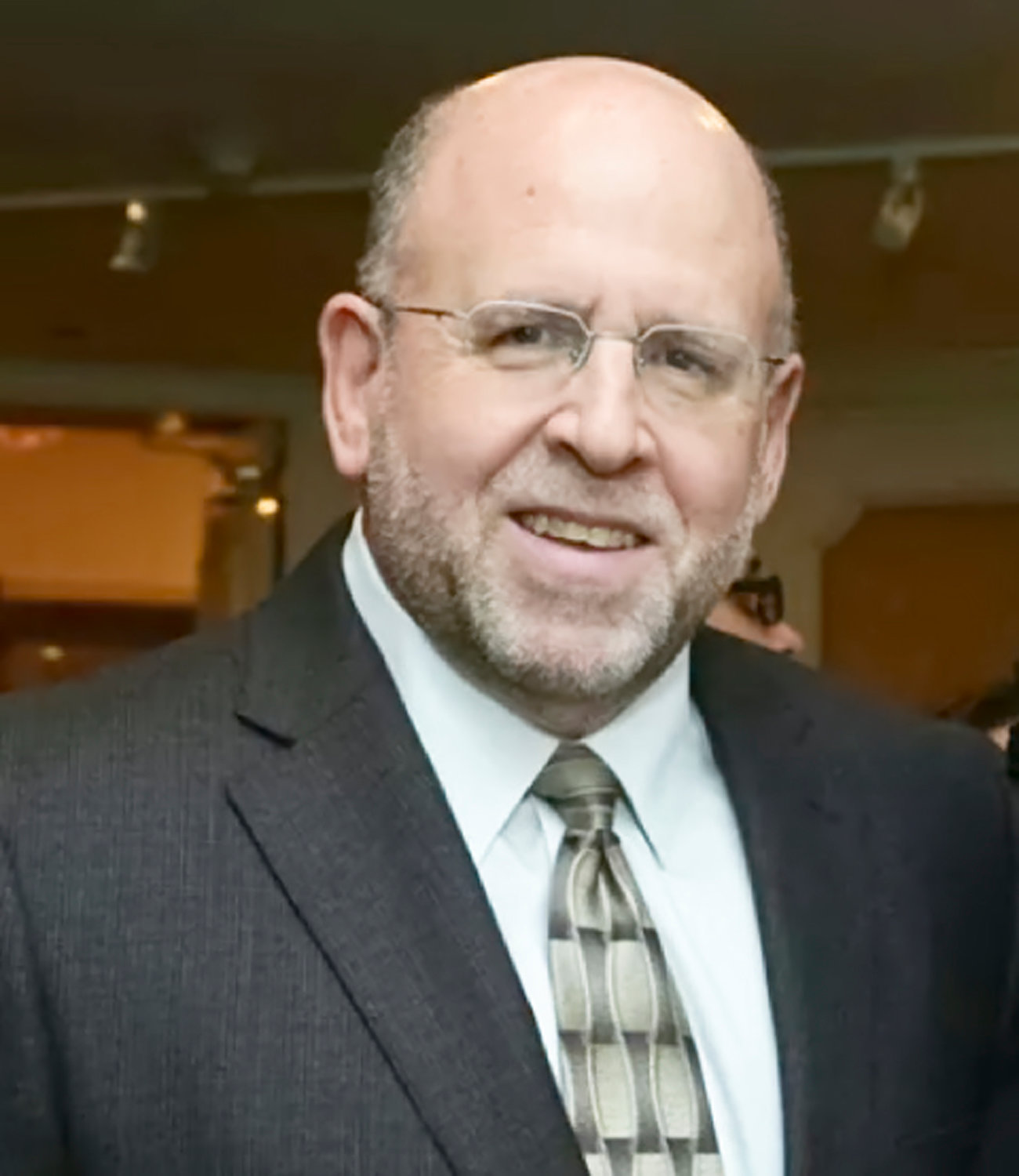Health insurers count on our silence
I didn’t attend many funerals in my childhood. One that I recall was for the father of a close childhood friend. He died of a heart condition during our first year of high school.
In the intervening years I have paid my respects on numerous occasions, including a disturbing number of times after the untimely deaths of young people. Conversations at funerals inevitably lead to the circumstances of the death and the conditions leading up to it. Talking about the cause of a loved one’s death is never easy. But these conversations are especially difficult, even taboo, in the aftermath of a drug overdose or a death by suicide, when grieving is complicated by circumstance.
In most cases when someone dies, the feelings of loss and numbness ease incrementally, enabling the bereaved to process the experience and gradually return to a new state of normal. In contrast, when grief is complicated and survivors are inconsolable, accepting the loss and moving forward is far more difficult.
The stigma, shame and discrimination that accompany living with a mental health or substance-use disorder often have the effect of silencing not only those who have the disorder but also their family members. And after losing a loved one to one of these illnesses, surviving family members are often rendered voiceless once again.
Matt Shapiro, associate director of public affairs for the Albany-based National Alliance on Mental Illness New York State, shared that “The impact that mental illness had on me and my family led me to shame, silence and masking who I really was. [Becoming an advocate for] the National Alliance on Mental Illness has given me the ability to take off that mask, end the silence and speak about my issues.”
But having a law on the books doesn’t guarantee compliance or effective enforcement. Millions of dollars in fines imposed on violators have had little impact on the trillion-dollar behemoth that is today’s health insurance industry.
Bad publicity doesn’t seem to work, either, because tens of thousands of New Yorkers continue to have difficulty accessing timely and affordable in-network care. Still, advocates like Shapiro battle on with unwavering determination.
Also fighting to make a difference are larger-scale advocacy efforts like Parity at 10, a three-year campaign to unite local and national advocates in 10 states, including New York, to pursue full enforcement of the Parity Act. Achieving full enforcement of parity compliance and enforcement, however, remains highly problematic.
It’s about time to ask Gov. Andrew Cuomo and the commissioners of the state Departments of Health and Financial Services, which are responsible for enforcing parity, questions such as, what will it take for you to suspend the licenses of serial violators in the health care industry and to put them out of business if they fail to reform?
Corporations have no empathy, and are unencumbered by conscience and shame. What do they care about? The profits they accumulate from the misery of people living with untreated mental health and substance-use disorders whose access to care they deny. If fines alone won’t work, only the real threat of putting them out of business will.
Do Cuomo and the State Legislature have the nerve to take on the health care insurance industry when it comes to parity enforcement, beyond passing nominal legislation for funding to add staff to the DOH and the DFS for monitoring and trouble-shooting, as they have done this year?
Increasing staff in those departments to enhance surveillance of parity compliance is a good step forward. But without impactful enforcement when persistent deficiencies that impede access to care are identified, the benefits are questionable.
Greedy health insurers and neglectful government regulators have two things in common: They count on stigma and our silence — in life and death.
Andrew Malekoff is executive director of the North Shore Child & Family Guidance Center, a nonprofit children’s mental health center. For more information, go to www.northshorechildguidance.org.

 45.0°,
Partly Cloudy
45.0°,
Partly Cloudy 




